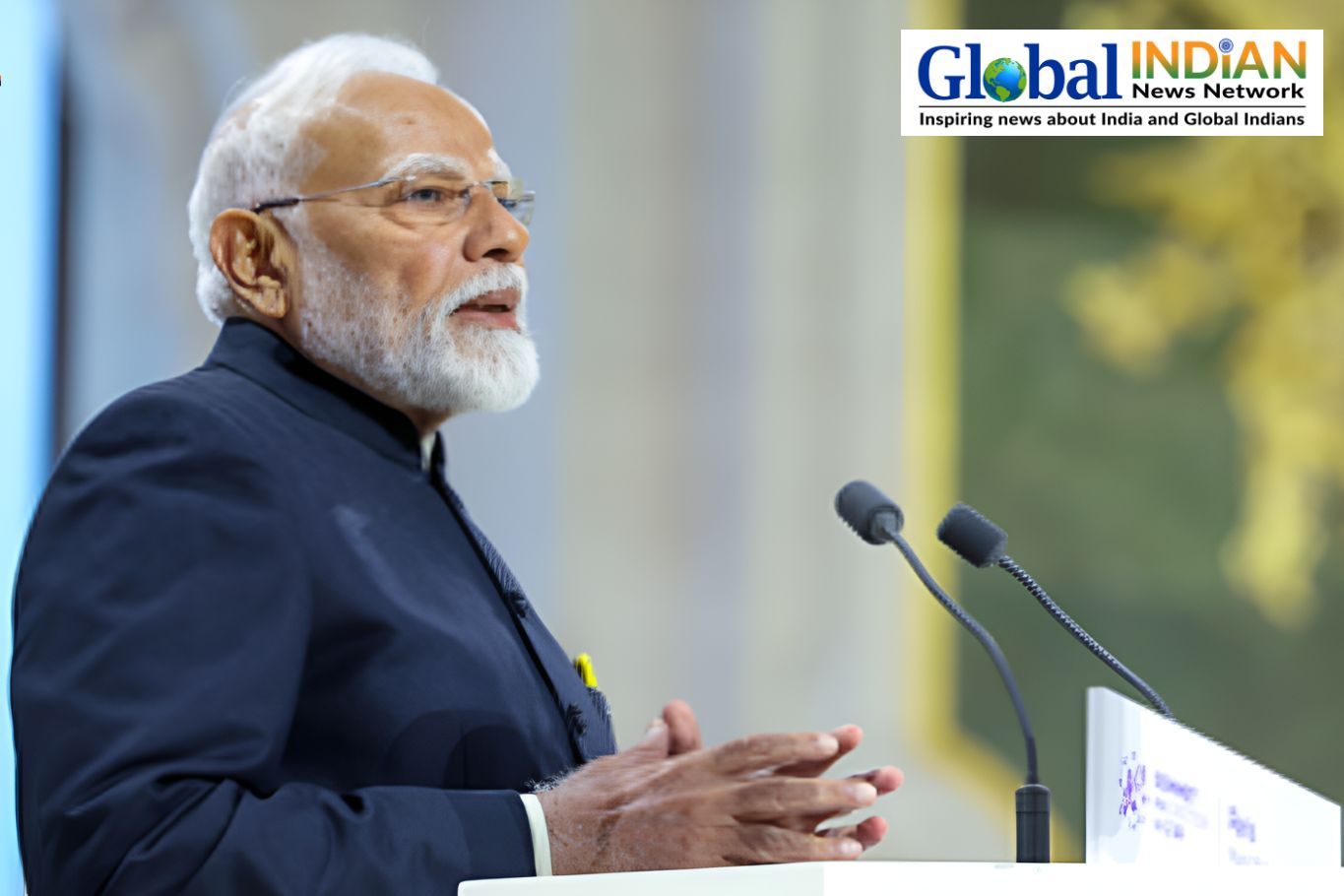 India’s manufacturing sector is undergoing a noteworthy surge in investment, signifying a crucial juncture in the nation’s economic landscape. Major manufacturing entities are making substantial commitments as they establish their footprint in the country.
India’s manufacturing sector is undergoing a noteworthy surge in investment, signifying a crucial juncture in the nation’s economic landscape. Major manufacturing entities are making substantial commitments as they establish their footprint in the country.
Within the manufacturing domain, the automotive sector holds a pivotal role in India’s capabilities. Notably, global giants like Tesla and Ford are directing significant attention towards the sector, signaling their intent to either establish or expand manufacturing operations in India. Simultaneously, there is a heightened focus on electronics manufacturing, particularly in the realm of smartphone production.
This trend is reinforced by key players, including Apple’s contract manufacturers, who have set up assembly units in India, indicating a shift towards localized production strategies. The textiles and garment manufacturing sectors are also witnessing increased investment activities. Global brands are reassessing their sourcing strategies and investing in Indian textile units to capitalize on the country’s competitive advantages in this domain.
The Indian government is proactively fostering a conducive environment for global manufacturing companies. Strategic initiatives like the Bharatmala Pariyojana Project, the proposed DESH Bill, National Logistics Policy, and favorable taxation and incentives across sectors contribute significantly to enhancing opportunities in the industrial market. Indian states are further bolstering this environment by offering incentives, subsidies, robust infrastructure, and essential utilities to attract industrial players, thereby fostering a favorable environment for industrial growth.
Recent investments illustrate this trend, with Toyota planning a substantial investment of approximately Rs. 3,300 crore (US$ 395.71 million) in Gujarat. Concurrently, Taiwanese manufacturer Foxconn aims to inject an additional Rs. 13,911 crore (US$ 1.66 billion) into a manufacturing facility in Doddaballapur, near Bangalore.









